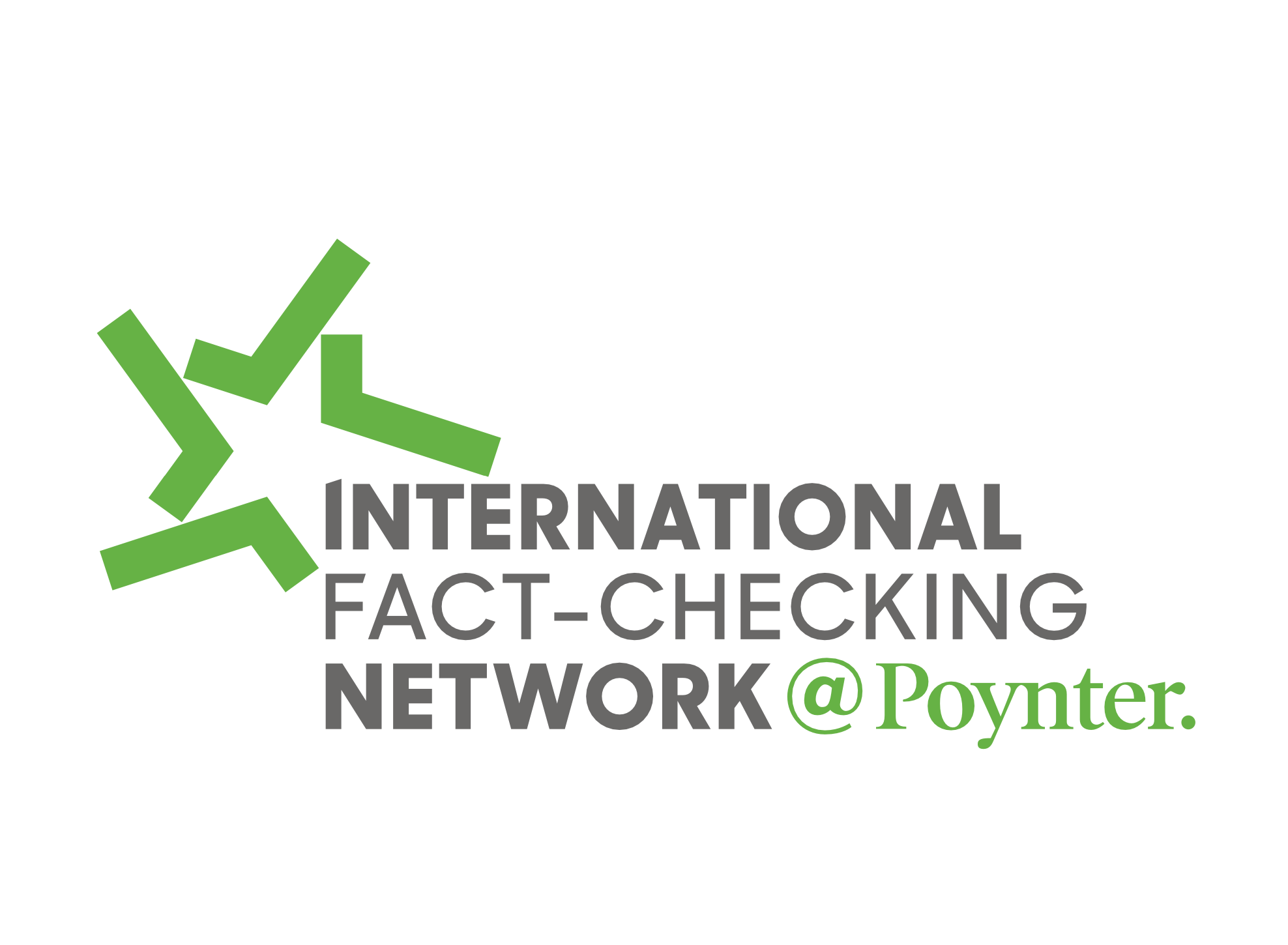Poynter.org was led to believe that Dr. Ink would show up for a recent interview to discuss the new question and answer column that runs on this site. But, no. Dr. Ink was a no show. At least that is what a “representative” told us in an interview. Our question and answer session was brief, but we think we got the good goods on Dr. Ink, scribe of mystery.
Poynter.org: Are you Dr. Ink?
I am not Dr. Ink. Dr. Ink is a shadow on the wind. Dr. Ink is a moment of time. Dr. Ink is a phenomenon, a happening. So no one person can ever say in truth that I am Dr. Ink.
Poynter.org: How did Dr. Ink begin writing a column?
You can blame it on Rena Pederson, who is editorial page editor forThe Dallas Morning News. Rena wanted to add some liveliness, some bite, some edge to one of the truly boring magazines in American journalism, The American Editor. In fact, almost anything in an ASNE publication is bound to put the reader to sleep, until Dr. Ink came along.
Poynter.org: I can’t believe you are saying this. You have a high opinion of Dr. Ink. Why?
Dr. Ink is the breadth of dawn. Dr. Ink is the grains of sand of the west Florida beaches. Dr. Ink is a force of nature. Dr. Ink isn’t even sure if readers are ready for Dr. Ink.
Poynter.org: You seem to have to consult a lot of people like Dr. Blink and Dr. Link?
Yes. Dr. Link is Dr. Ink’s younger brother. Dr. Link is 13 years old, and he’s been 13 years old for about seven years, now. He’s very hard to get to and to consult with on new media issues because he’s usually either playing solitaire on his computer or checking in with his favorite porn sites.
Poynter.org: What about Dr. Blink?
Dr. Blink is a distant cousin of Dr. Ink, and he’s a true expert on all forms of broadcast journalism. As a result of that he can tell you exactly when the sweeps periods are going to occur at any time for the next 37 years and he’s very telegenic. He’s very handsome. He’s got a firm jaw and he has perfect hair that never moves, even in a wind storm. He’s a perfect ally to Dr. Ink.
Poynter.org: What is Dr. Ink’s expertise?
I’ll say some serious things about Dr. Ink. Dr. Ink loves the English language. Dr. Ink loves humor and Dr. Ink thinks that journalism needs to take itself a lot less seriously. But that doesn’t mean that Dr. Ink isn’t serious about journalism, because Dr. Ink does care about journalism. As you’ll see, his opinions will be expressed quite directly, quite sharply. People who read him and follow some of his advice will find themselves better armed to carry out more excellent forms of journalism.
Poynter.org: Excellent forms of journalism. What do you consider to be excellent forms of journalism?
I … Dr. Ink … Dr. Ink almost said I, but he wants to edit that out because … I’m not Dr. Ink. I’m just speaking for him.
Dr. Ink thinks that excellence in journalism comes in many forms. It comes in the well-reported enterprise story. It comes in courageous acts of journalism, getting to tough places and writing about the stories that people need to know about. Dr. Ink loves visual journalism in all its many forms. He loves a well-designed publication. He likes the idea of writers, editors, reporters, designers, and photojournalists working together. He thinks a lot of time is wasted by them fighting over their private territories.
It’s important for you to know that Dr. Ink is not a snob. I mean, he can read the most elegant forms of journalism and be enlightened, and he can also read supermarket tabloids and learn some things from them as well. In fact, he was featured in a supermarket tabloid.
Poynter.org: What can we really learn from a supermarket tabloid?
Well, Dr. Ink told me about the day that he saw Gary Hart’s picture in the National Inquirer with Donna Rice on board the ship called “Monkey Business.” And Dr. Ink learned a lot that day.
Poynter.org: What do you hope your readers will get from your column?
Dr. Ink cares about his readers. I know that. By the way, I should say at this point that I, speaking for Dr. Ink, have been using “he.” But I think it’s very important to say that this is the only pronoun available to me. I’m using it in its traditional, universal sense because Dr. Ink may be a he, or he may be a she. Dr. Ink transcends gender and his wisdom derives from both sides of the brain, from above and below the belt, from high culture and low culture. He brings together more than, let’s say Michael Jackson, the cultural extremes that sometimes separate people, but they’re all embodied in Dr. Ink. Dr. Ink is of the people, by the people, and for the people. This is why it is very important if Dr. Ink is going to continue ad infinitum and ad nauseam, de jure, and de rigueur, it’s very necessary for Dr. Ink to interact with his people. And so, he wants to help them. He wants to care for them. He wants to hear from them. He wants to get their questions. He wants to answer their questions. And he’s devoted his conscience, his life, his karma, his ethos, he rigmarole to the pursuit of these truths.
Poynter.org: What do you think about the current state of journalism?
Do you mean Florida?
Poynter.org: That would be a good place to start. Is journalism in a state or not?
Journalism happens to be in the state of Florida right now, but eventually it will move to all of the other states as well. I think Dr. Ink believes that journalism is primarily in a state of funk.
This is why Dr. Ink is needed to bring light into the world of journalism, to bring hope, to grab journalists by their hand as they are sinking into the quicksand of cynicism and to extract them, to remind them of why they got into the business, and to help them solve problems whether those problems have to do with craft, ethics, their sense of service, their sense of mission and purpose, or whether it has something to do with the economics of journalism, which are increasingly complicated and influencing what journalists can and cannot do.
Poynter.org: What do you think about the election coverage? I know you’ve answered a question on chads.
Dr. Ink has strictly instructed me not to answer any question by any person named Chad or anybody mentioning the word chad. I know what Dr. Ink thinks about the election. The election has excited him. It’s turned him on. He’s not one of those commentators who thinks that this is the end of democracy as we know it. He thinks it’s democracy in action. He likes the checks and balances. He likes the complexity. He likes the way people are sort of sticking to their roles. And in general, he likes the performance of the press, not so much on election night but in the coverage since then. And although it’s fair to say that Dr. Ink is a strong advocate of First Amendment rights, not just for journalists but for all citizens, he believes in his heart that election night coverage would be improved if all journalists would restrain themselves from predicting the outcome of the election based on exit polls until all of the polling places closed.
Poynter.org: In the whole United States?
In the whole United States. Dr. Ink is willing to think about whether that should include Hawaii. Let’s just say, at least the continental U.S. Dr. Ink is not saying that there should be a law that requires journalists to do this, but there should be a self-imposed embargo on the release of that information until the polls are closed.
Poynter.org: Is Dr. Ink a Republican, or a Democrat, or something else?
Just as Dr. Ink transcends gender and ethnicity and economic differences, he cannot be contained in terms as limited as Republican and Democrat. He is liberal and conservative. He is right and left. He is up and down. He is yin and yang. He is alpha and omega.
Poynter.org: Would you say he is the ultimate objective journalist?
Dr. Ink does not believe in objectivity and he does not believe in truth with a capital “T.” But he believes that with good discussions, good journalism, and good conversations a community can gain on what it needs to know to make good decisions about itself. One of Dr. Ink’s heroes is the great American poet Walt Whitman. In fact, I remember when Dr. Ink told me about the nights he and Whitman spent in Brooklyn at the Brooklyn Eagle. Those were great times. That Whitman, you wouldn’t know it from some of the poetry, but he was quite a card and he was terrific dancer as well.
And just as Whitman’s poetry could not be contained, and America could not be contained, and we know that Palm Beach cannot be contained, neither can Dr. Ink.
Poynter.org: Does Dr. Ink have any interests outside journalism?
Dr. Ink likes to cook. He especially likes Italian dishes made with calamari — squid, a sea creature that produces ink.





